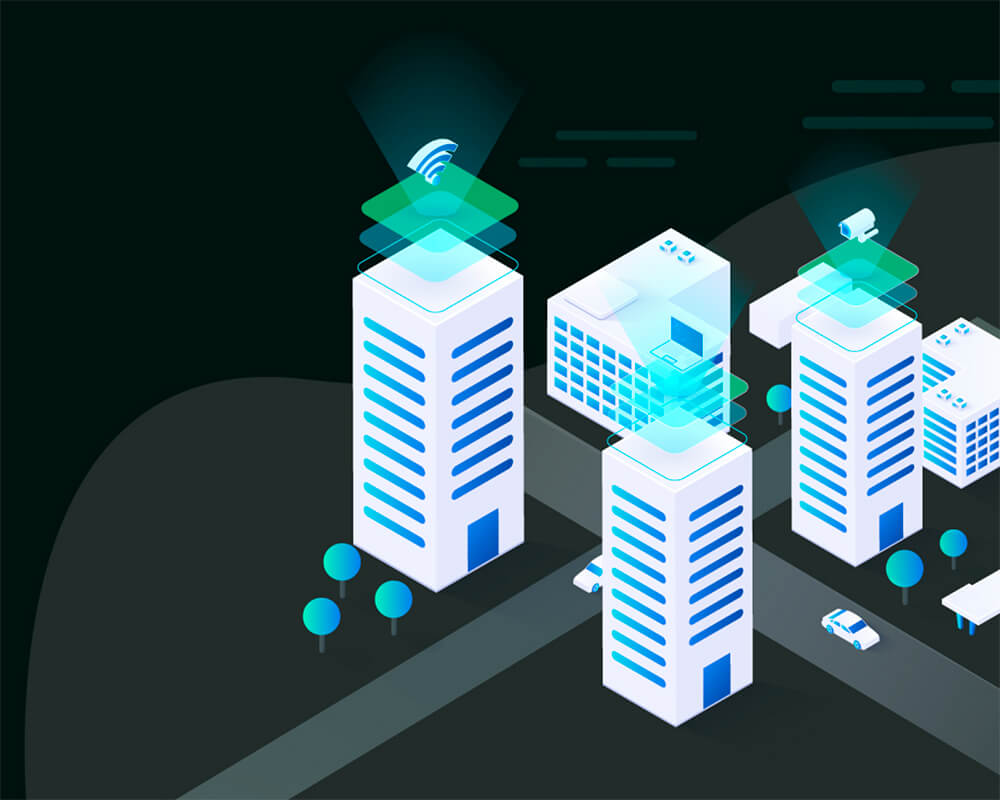Securing MDU Web Traffic Via Strong Encryption Standards to Protect User Confidentiality and Data Integrity
Securing MDU Web Traffic Via Strong Encryption Standards to Protect User Confidentiality and Data Integrity
Blog Article
Within the current online world, protecting internet data is more important than ever, especially in Multi-Dwelling Buildings (MDUs) such as flat buildings and condo environments. Such settings frequently have numerous tenants utilizing the same internet connection, which can lead to possible safety risks. To ensure that residents' privacy and information security are protected, it is essential to implement strong encryption protocols. Data encryption is a technique that encodes data, rendering it unreadable to individuals who do not have the correct credentials to decode it. This procedure helps maintain personal data safe from hackers and unapproved users.
A of the most commonly used encryption standards is SSL Sockets Layer (SSL) and its successor, TLS Security (TLS). These standards establish a secure link between a user’s system and the web, guaranteeing that any data transferred stays confidential. When residents in an MDU access websites that utilize SSL/TLS, their private information, such as login credentials and credit card numbers, is secured. This implies that even if someone tries to capture the information, they would merely see a jumble of letters and digits, making it almost impossible to comprehend. By encouraging the adoption of such standards, MDUs can like this greatly improve the safety of their residents' internet actions.
Another crucial encryption technique is Virtual Private Tunnel (VPN) technology. A VPN creates a secure pathway for web traffic, which safeguards users from prying observers, particularly when using shared Wi-Fi connections. In an MDU, where numerous residents may connect to the same service, employing a VPN can help guarantee that personal internet activities stay confidential. This is especially important for activities such as online banking or accessing sensitive information. By promoting the adoption of VPNs among residents, MDUs can cultivate a safer online space and help protect against information breaches.
Alongside these coding techniques, it is essential for MDUs to educate their residents about the importance of online security. Numerous individuals may not be conscious of the threats linked with using shared web connections. Providing information on how to recognize phishing efforts, the necessity of robust passwords, and the benefits of employing secure sites can enable tenants to take control of their internet security. Seminars or educational sessions can be effective ways to raise knowledge and promote best practices for internet safety.
Ultimately, MDUs should consider working with internet provider companies (ISPs) that prioritize security and offer advanced encryption features. By partnering with ISPs that implement robust coding standards, MDUs can guarantee that their residents have access to protected web services. This collaboration can lead to improved general safety for the entire building, as well as enhanced confidence among residents. By implementing these measures, MDUs can create a safer internet environment, protecting resident confidentiality and data integrity in an increasingly connected environment.